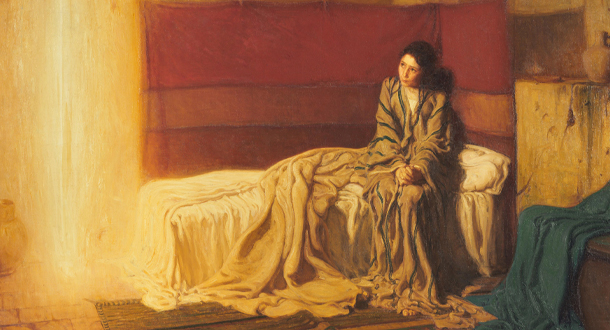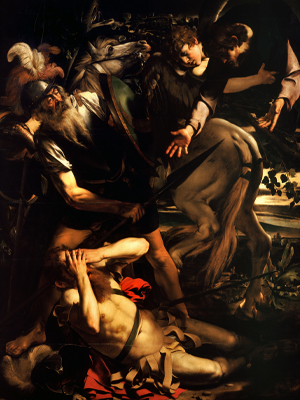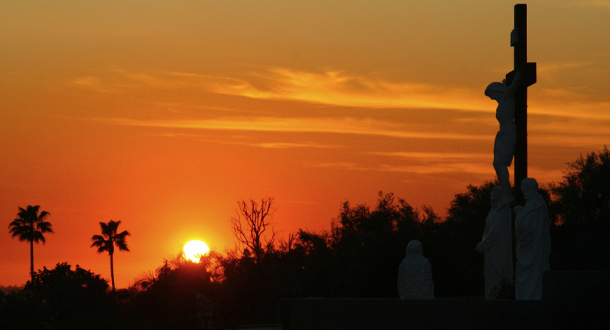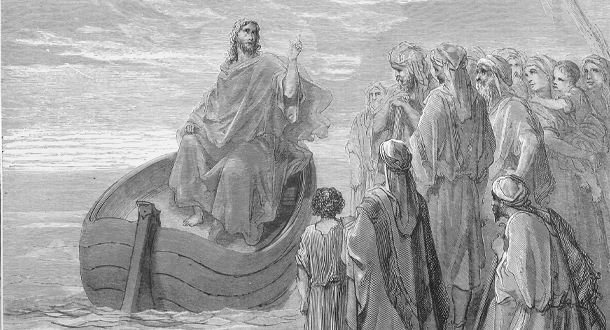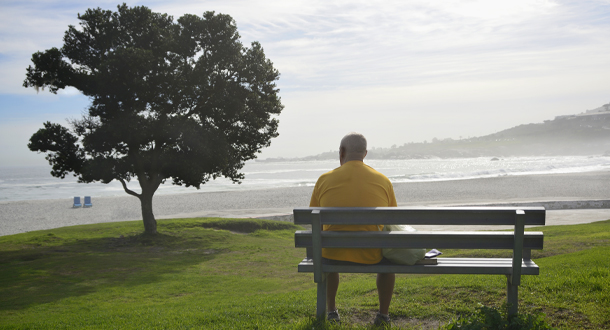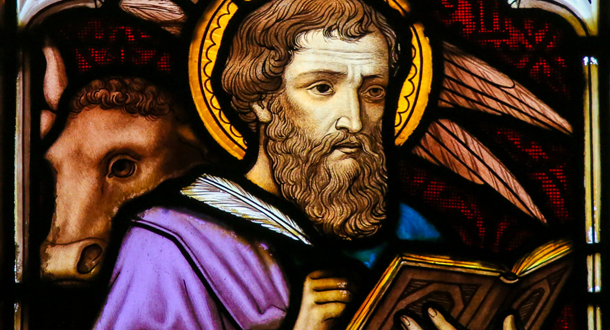
Scripture:
Reflection:
Today we celebrate the Feast of St. Luke. Luke wrote a two-volume work – the Gospel of Luke and the Acts of the Apostles. New Testament scholar, William Barclay, calls the gospel of St. Luke the ‘loveliest book in the world’. In Luke’s gospel, all barriers are broken down – Jesus is for saint and sinner, Jew and Gentile; it is a universal gospel, written for everyone – Samaritan, poor, women, outcasts. For Luke, the infinite sweep of God’s love is for everyone. Now that is Good News!!
In today’s passage from the gospel of Luke, Jesus appoints the seventy-two and sends them out in pairs to every town and place. Don’t take a lot of baggage with you, just be present. Listen, notice, and bring Peace to the household. Are we seen as peacemakers?
Jesus sends each of us out, equipped and accompanied to build the kingdom. His kingdom. We each have a particular piece to bring, a particular perspective to offer and a particular way of calling forth the gifts that are needed to bring about the Peace of Christ. Sometimes we can ‘overthink’ our mission, we can ‘cling’ to ideals that are too overreaching, the call of Jesus is to be present wherever we find ourselves, notice the ‘Crucified of today’ and be the face and voice of God.
How has God called you? Who is he sending you out with? Where is he calling to you? What do you need to ‘shake off’ to respond to the call?
Faith Offman is the Associate Director of Ministry at St. Paul of the Cross Passionist Retreat and Conference Center in Detroit, Michigan.

